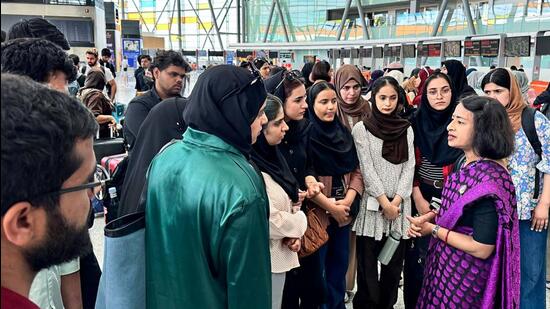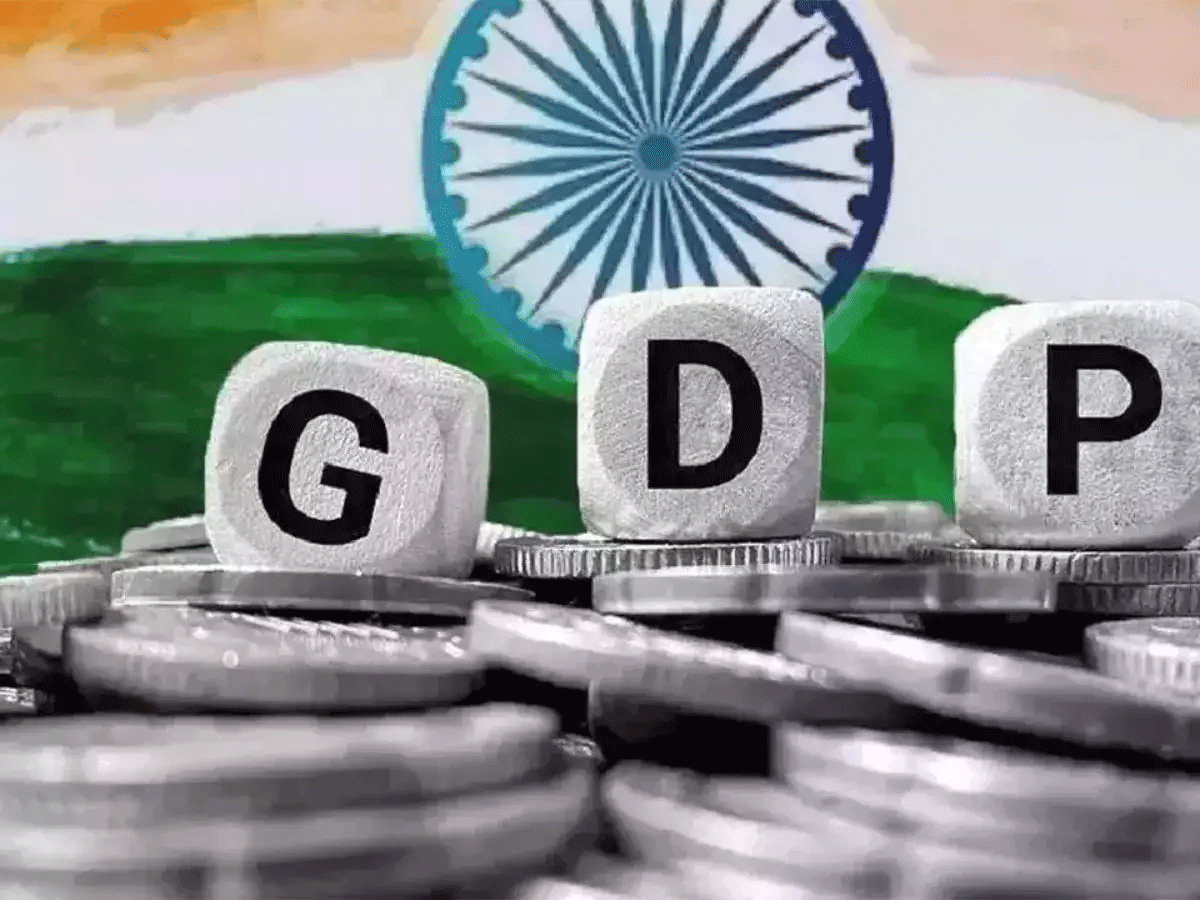- Courses
- GS Full Course 1 Year
- GS Full Course 2 Year
- GS Full Course 3 Year
- GS Full Course Till Selection
- Answer Alpha: Mains 2025 Mentorship
- MEP (Mains Enrichment Programme) Data, Facts
- Essay Target – 150+ Marks
- Online Program
- GS Recorded Course
- Polity
- Geography
- Economy
- Ancient, Medieval and Art & Culture AMAC
- Modern India, Post Independence & World History
- Environment
- Governance
- Science & Technology
- International Relations and Internal Security
- Disaster Management
- Ethics
- NCERT Current Affairs
- Indian Society and Social Issue
- NCERT- Science and Technology
- NCERT - Geography
- NCERT - Ancient History
- NCERT- World History
- NCERT Modern History
- CSAT
- 5 LAYERED ARJUNA Mentorship
- Public Administration Optional
- ABOUT US
- OUR TOPPERS
- TEST SERIES
- FREE STUDY MATERIAL
- VIDEOS
- CONTACT US
Democracy Demands Clarity: Onus on the Election Commission
Democracy Demands Clarity: Onus on the Election Commission

Why in the News?
- The editorial highlights concerns over the Election Commission of India’s (ECI) lack of transparency in sharing voting-related data during and after the 2024 General Elections.
- This lack of detailed information prevents effective scrutiny of the electoral process by citizens, analysts, and civil society organisations.
Key Highlights:
- The Election Commission of India (ECI) did not share enough voting-related data like booth-level turnout, constituency-wise voting details, or postal ballot numbers during the recent elections.
- The data released by ECI was delayed, and some important information was missing or incomplete, making it hard to fully understand the voting process.
- Because of this lack of transparency, there are concerns about the credibility and fairness of the electoral process.
- Without clear and detailed data, civil society, media, and independent analysts cannot check for any problems or irregularities in the election process.
- The article suggests that in a strong democracy, it is important for the Election Commission to be more open, data-driven, and accountable in how it shares election information with the public.
Challenges and Way Forward:
|
Challenges |
Way Forward |
|
The Election Commission does not share detailed voting data on time. |
T]he Election Commission should give clear and complete voting data timely. |
|
People start losing trust because important information is not available. |
Sharing full data openly will help build public trust in the election process. |
|
Media and civil society cannot check if the elections were fair or not. |
Let independent groups access data so they can check and verify things. |
|
When there is no official data, false news and doubts can spread. |
Share correct data early to stop rumours and confusion. |
|
The Election Commission does not respond well to public criticism. |
It should accept feedback and try to improve how it works. |
Conclusion:
Transparency is the bedrock of a healthy democracy. The Election Commission, as a constitutional body, must rise above doubt by making electoral data public, accessible, and verifiable. Restoring public faith requires openness, not opacity.
EnsureIAS Mains Question:“The lack of transparency in the functioning of the Election Commission of India (ECI), particularly in the dissemination of voting-related data, raises serious concerns about electoral accountability and public trust.” Critically examine this statement in the context of the 2024 General Elections. (150 words) |
EnsureIAS Prelims Question:Q. Consider the following statements regarding the role and functioning of the Election Commission of India (ECI):
Which of the statements given above is/are correct?
Answer: b Explanation: Statement 1 is correct: The Election Commission of India is a constitutional body established under Article 324 of the Indian Constitution. It is tasked with the superintendence, direction, and control of elections to Parliament, State Legislatures, and the offices of the President and Vice-President of India. Statement 2 is incorrect: While the ECI is expected to function transparently, there is no explicit provision under the Representation of the People Act, 1951, that mandates real-time disclosure of detailed polling or voter turnout data. Statement 3 is correct: Transparency in election-related data is crucial for democratic accountability. Failure to share detailed, timely information undermines public confidence and hampers informed analysis by civil society and the media. |
|
Also Read |
|
| Public Administration Optional | |
| UPSC Monthly Magazine | Question Answer Practice For UPSC |



